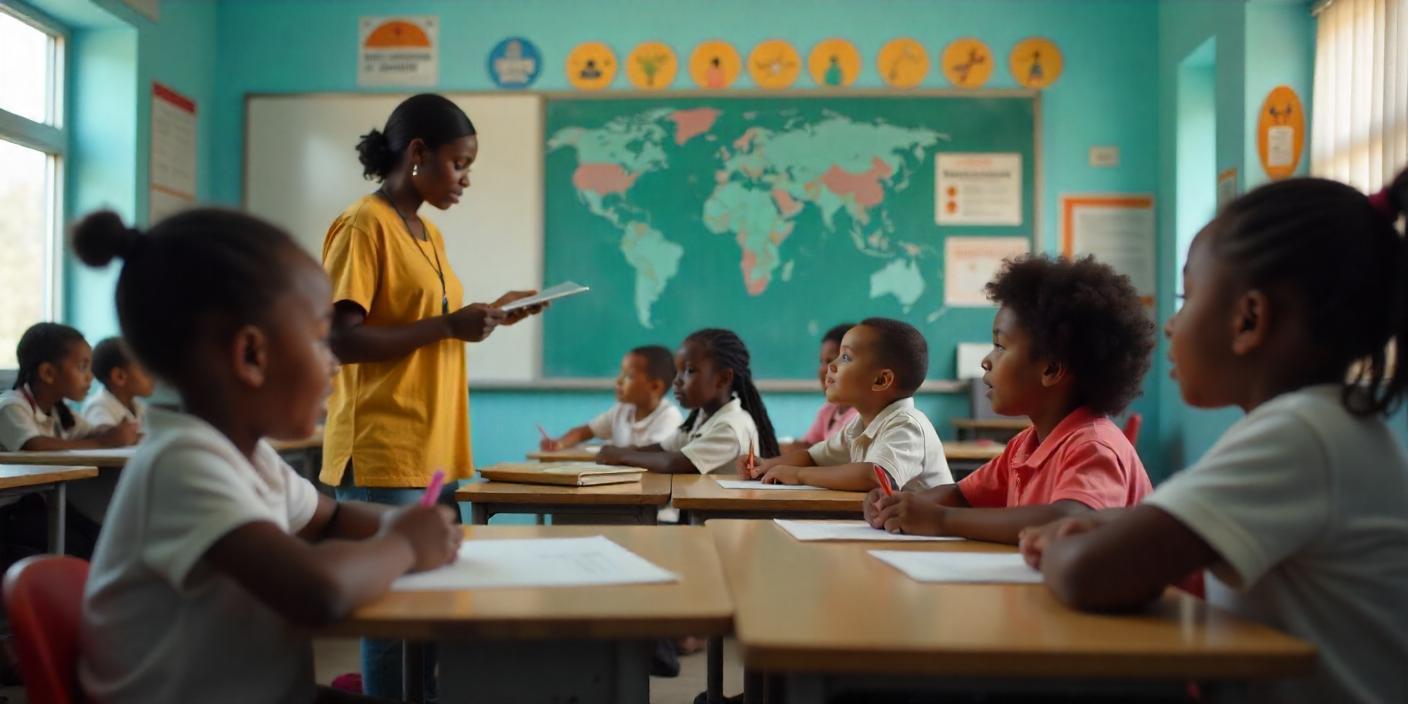Understanding and Supporting Children with Special Needs in Nigeria
In Nigeria, children with special needs often face significant challenges, from accessing quality education to receiving adequate healthcare. Despite progress in policies and advocacy, many families still struggle to find the support they need for their children to thrive. It’s a situation that calls for collective action from communities, governments, and organizations to create an inclusive society where every child, regardless of their abilities, can reach their full potential.
The Reality for Children with Special Needs
Children with special needs include those living with physical, intellectual, emotional, or developmental disabilities such as autism, Down syndrome, cerebral palsy, or learning disorders. According to the World Bank, about 25 million Nigerians have a disability, many of whom are children. However, the lack of reliable data makes it difficult to fully capture the scale of the challenges they face.Inadequate infrastructure, stigmatization, and limited access to specialized care exacerbate these challenges. Many public schools lack the resources or trained personnel to accommodate children with disabilities, leaving families to seek costly private options or, worse, withdraw their children from school altogether. Healthcare services are often inaccessible, especially in rural areas, and the few available centers are usually concentrated in urban cities, making them out of reach for most families.
A Cultural and Social Struggle
Cultural misconceptions and stigma surrounding disabilities further compound the issue. In many communities, disabilities are still viewed through a lens of superstition or shame, leading to social exclusion. Families often hide their children with special needs due to fear of judgment, denying them access to social interaction and opportunities for growth.
Building a Path Toward Inclusion
To support children with special needs in Nigeria, a multi-faceted approach is essential. Here are some steps we must take:
- Advocacy and Awareness: Raising awareness about disabilities and breaking down stigmas is crucial. Communities need education about the rights and potential of children with special needs.
- Inclusive Education: Schools must be equipped with trained teachers, assistive technologies, and adaptive curricula to cater to diverse learners. Policies supporting inclusive education should be implemented and monitored.
- Accessible Healthcare: The healthcare system must prioritize specialized care for children with disabilities, ensuring accessibility in both urban and rural areas. This includes subsidized therapies and medical treatments.
- Empowering Families: Families need access to support groups, counseling, and resources to help them navigate the challenges of raising children with special needs.
- Government and Organizational Support: Policy frameworks like the Disability Act must be enforced, and funding should be allocated to programs supporting children with special needs. NGOs and private organizations can complement these efforts with grassroots initiatives.
Hope for the Future
While challenges persist, stories of resilience and progress inspire hope. Many organizations, like the Maternal, Adolescent, Reproductive, and Child Health (MARCH) Care Initiative, are stepping up to create inclusive opportunities for children with special needs. These efforts demonstrate that with collective action and commitment, we can transform lives and build a more inclusive society.Children with special needs in Nigeria are not defined by their disabilities but by their potential to contribute meaningfully to society. It is our shared responsibility to ensure that they have the tools, opportunities, and support they need to succeed.Together, we can make inclusion a reality, one step at a time.
